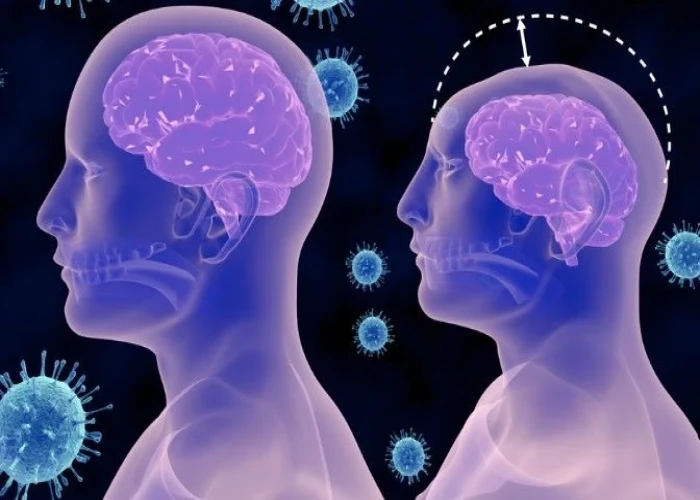 Welcome
Welcome
“May all be happy, may all be healed, may all be at peace and may no one ever suffer."
Microcephaly
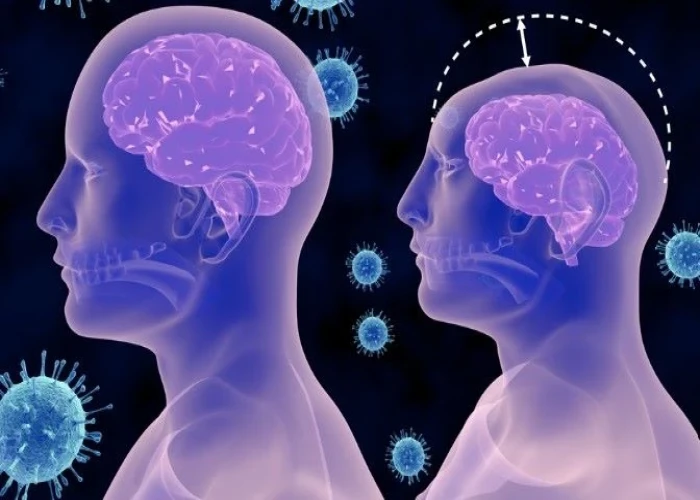
Microcephaly is a medical condition characterized by a smaller than normal head circumference and brain size. It is typically diagnosed in infancy or early childhood and can result in developmental delays, intellectual disability, and other neurological problems.
Microcephaly can be caused by a variety of genetic and environmental factors. In some cases, it may be a result of a genetic mutation or chromosomal abnormality. Other potential causes include infections during pregnancy, such as Zika virus, rubella, or cytomegalovirus, exposure to toxic substances or radiation, and maternal malnutrition.
Symptoms of microcephaly may vary depending on the severity and underlying cause of the condition. In addition to a smaller head size, other symptoms may include developmental delays, intellectual disability, seizures, vision or hearing problems, hyperactivity, and poor coordination.
There is no cure for microcephaly, and treatment typically focuses on managing symptoms and providing supportive care. This may include early intervention services such as physical, occupational, and speech therapy, medications to control seizures or hyperactivity, and educational support to help affected individuals achieve their full potential.
Preventing microcephaly involves avoiding exposure to potential causes during pregnancy, such as infections, toxins, or radiation. Pregnant women should also receive routine prenatal care and genetic counseling to identify any potential risks and develop appropriate management strategies.
Research Papers
Disease Signs and Symptoms
- Genetic problems
- Small head (microcephaly)
Disease Causes
Microcephaly
Microcephaly usually is the result of abnormal brain development, which can occur in the womb (congenital) or during infancy. Microcephaly may be genetic. Other causes may include:
- Craniosynostosis. The premature fusing of the joints (sutures) between the bony plates that form an infant's skull keeps the brain from growing. Treating craniosynostosis (kray-nee-o-sin-os-TOE-sis) usually means your infant needs surgery to separate the fused bones. If there are no underlying problems in the brain, this surgery allows the brain adequate space to grow and develop.
- Chromosomal abnormalities. Down syndrome and other conditions may result in microcephaly.
- Decreased oxygen to the fetal brain (cerebral anoxia). Certain complications of pregnancy or delivery can impair oxygen delivery to the fetal brain.
- Infections passed to the fetus during pregnancy. These include toxoplasmosis, cytomegalovirus, German measles (rubella), chickenpox (varicella) and Zika virus.
- Exposure to drugs, alcohol or certain toxic chemicals in the womb. Any of these put your baby at risk of brain abnormalities.
- Severe malnutrition. Not getting adequate nutrition during pregnancy can affect your baby's development.
- Uncontrolled phenylketonuria (fen-ul-kee-toe-NU-ree-uh), also known as PKU, in the mother. PKU is a birth defect that hampers the body's ability to break down the amino acid phenylalanine.
Disease Prevents
Microcephaly
Learning your child has microcephaly can raise questions about future pregnancies. Work with your doctor to determine the cause of the microcephaly. If the cause is genetic, you and may want to talk to a genetics counselor about the risk of microcephaly in future pregnancies.
Disease Treatments
Except for surgery for craniosynostosis, there's generally no treatment that will enlarge your child's head or reverse complications of microcephaly. Treatment focuses on ways to manage your child's condition. Early childhood intervention programs that include speech, physical and occupational therapy may help your child strengthen abilities.
Your doctor might recommend medication for certain complications of microcephaly, such as seizures or hyperactivity.
Disease Diagnoses
Disease Allopathic Generics
Disease Ayurvedic Generics
Disease Homeopathic Generics
Disease yoga
Microcephaly and Learn More about Diseases

Deep vein thrombosis (DVT)

Cholecystitis
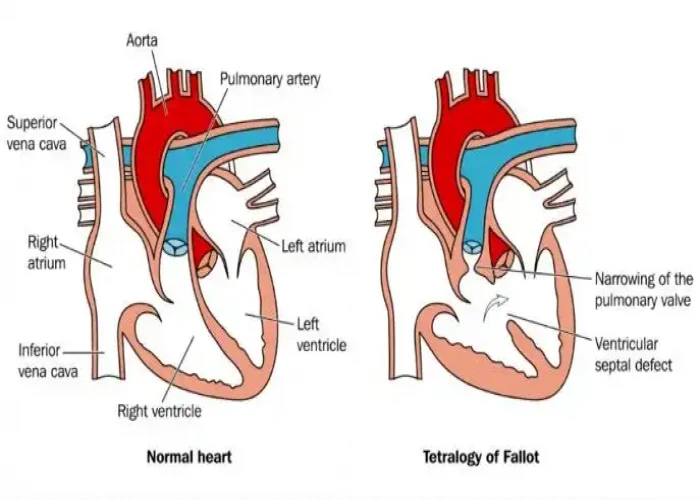
Tetralogy of Fallot

Brugada syndrome
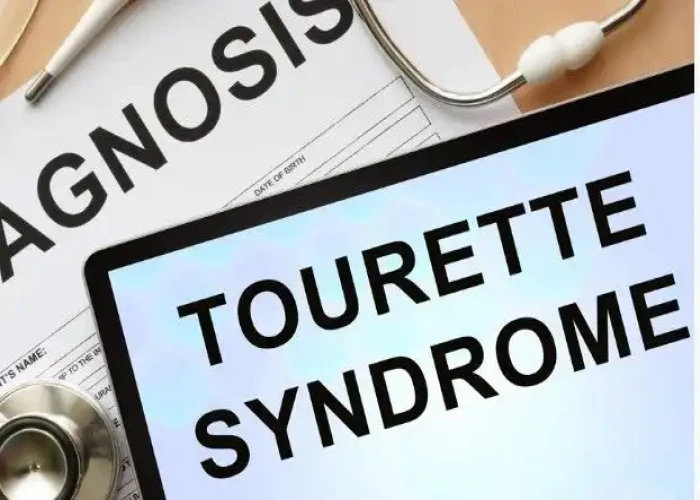
Tourette syndrome
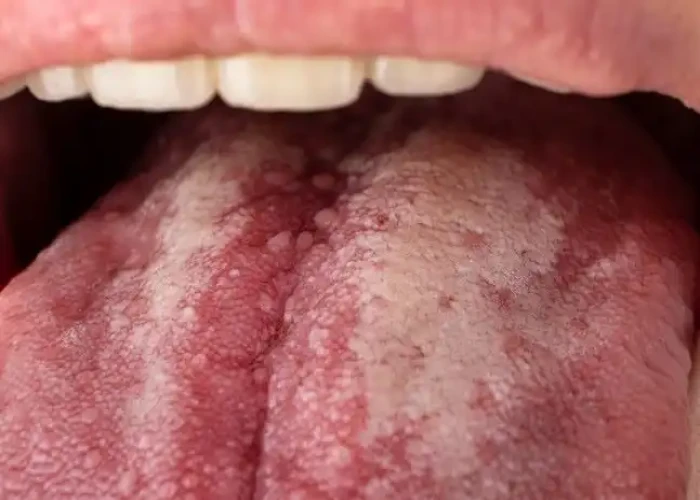
Tongue cancer

Aplastic anemia

Celiac disease
microcephaly, মাইক্রোসেফালি
To be happy, beautiful, healthy, wealthy, hale and long-lived stay with DM3S.
